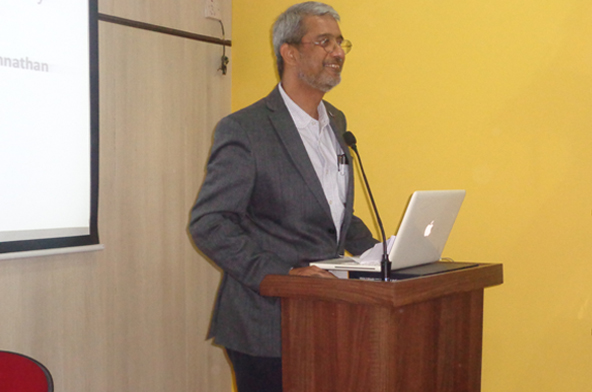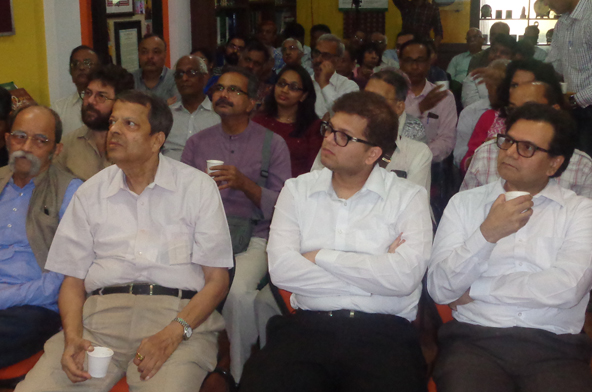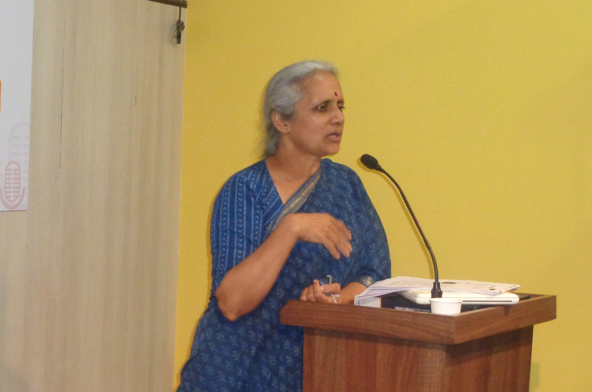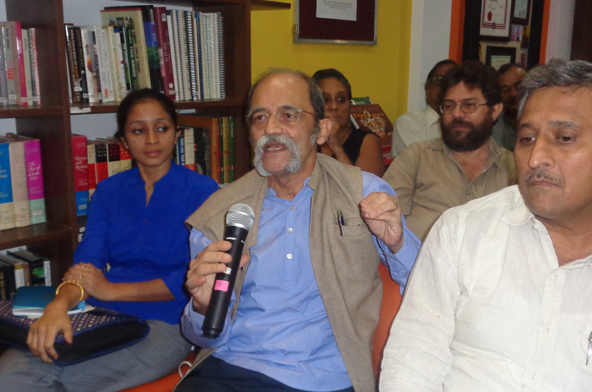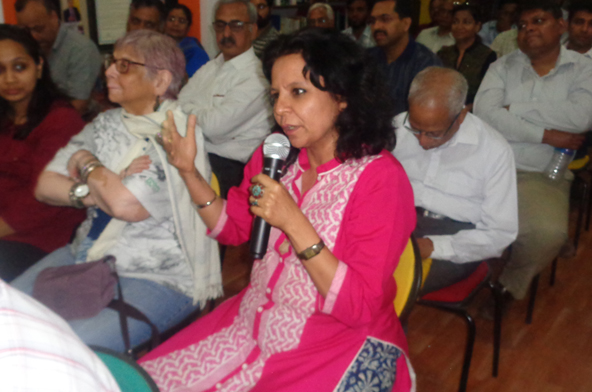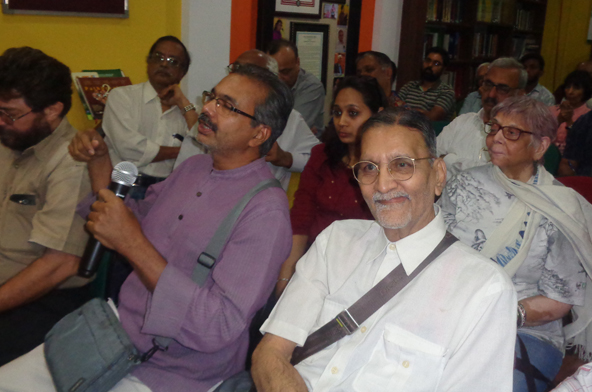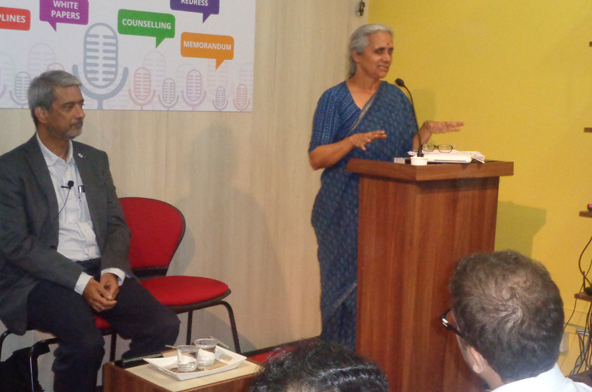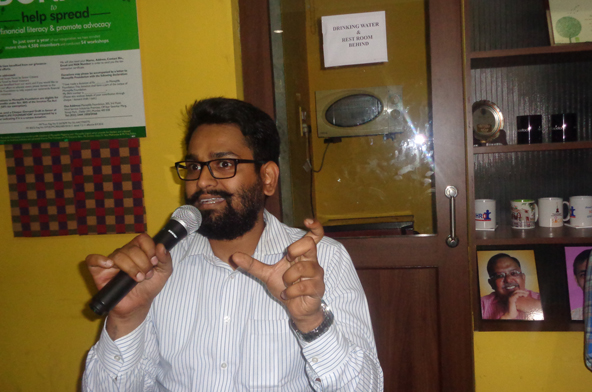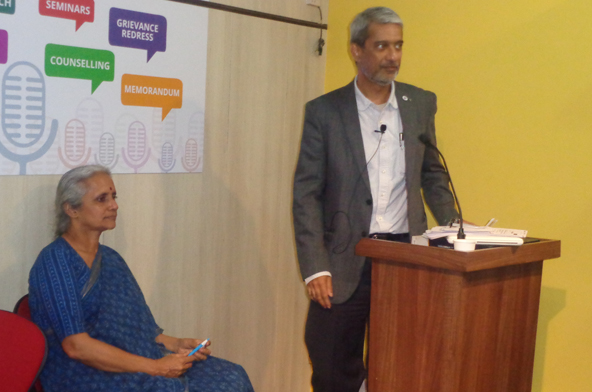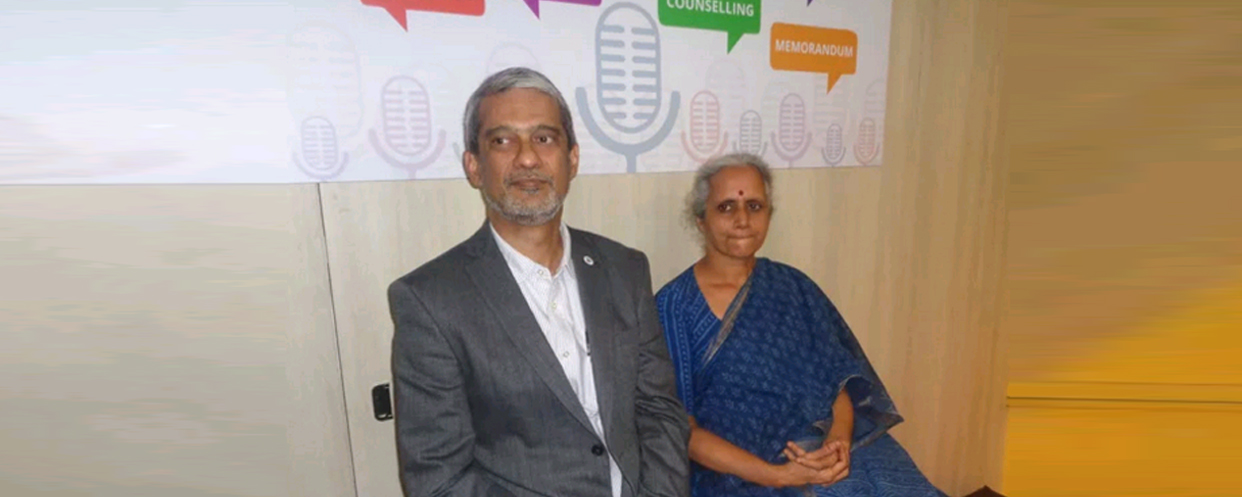
Aadhaar, which is used as a tool under the Digital India movement, is ending up excluding rather than including eligible beneficiaries of government subsidies and programmes and has the potential to unleash undetectable financial crimes, was the broad conclusion of Prof Dr Usha Ramanathan and Dr Anupam Saraph. They were speaking at a seminar on “Legal issues that will arise if individual identity and biometrics are compromised” organised by Moneylife Foundation at Mumbai.
Highlighting the risk factors associated with Aadhaar, Dr Saraph says, “It is shocking to know that the biometrics used in Aadhaar are stored by the enrolment agencies. Last month, the Unique Identification Authority of India (UIDAI) itself in a notice to some agencies notes this risk. What is more shocking is with the stored biometrics data, any transaction can be performed without the person’s physical presence.”
“Unlike other documents, like the passport, and driving license, which are issued by the government, the UIDAI letter is not signed by anyone. This on other words, mean, when the government official sign and puts up the official seal, he or she is taking responsibility of the data or information recorded. In case of Aadhaar, there is no verification, no authentication or auditing of the information collected by private agencies and hence, there is no sign or seal of any government official,” he added.
Dr Saraph, also discussed alternative ways to use legal or police mechanisms to protect individual and national risk from Aadhaar. He stated people who are threatening to submit Aadhaar can resist it by writing letters to the concerned authority. He had written an article on resisting violation of the Supreme Court order in the Aadhaar matters. (Read: Resisting violations of the Supreme Court Orders on Aadhaar)
Dr Usha Ramanathan gave an overview of the issues that are already there before various courts in the country. She also highlighted the responsibility before the judiciary as well as the investigation agencies to protect the rights of individuals and the sovereignty of the country.
Calling the government savings in subsidy through subsidy as a ‘gimmick’, she says, nobody wants to talk about those whose fingerprints were not detected or there was a mismatch in Aadhaar number. “This is misinterpreted as savings on subsidies. They even side lined the report from CAG, which clearly stated that the savings of about Rs1700 crore in LPG distribution was not because of Aadhaar or stopping leakages, but it was due to reduction in oil prices in global markets,”
Dr Ramanathan feels through the enforced use of Aadhaar, data points are being created to design and sell products to people who does not even have the basic knowledge of this digital thing. “Technology is now helping them to hide corruption. Increased dependence on technology is making sure that there are no administrators or government officials present on field to know, understand practical problems faced by people. There is no grievance redressal system on this digital thing,” she added.
Both speakers also responded to the charges made by Mr Nandan Nilekani, founder of Aadhaar. The meeting was attended by several senior lawyers and activists.


